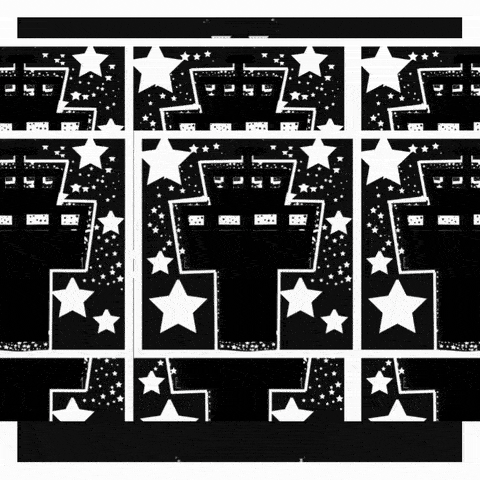Click here to flash read.
Query auto-completion (QAC) aims at suggesting plausible completions for a
given query prefix. Traditionally, QAC systems have leveraged tries curated
from historical query logs to suggest most popular completions. In this
context, there are two specific scenarios that are difficult to handle for any
QAC system: short prefixes (which are inherently ambiguous) and unseen
prefixes. Recently, personalized Natural Language Generation (NLG) models have
been proposed to leverage previous session queries as context for addressing
these two challenges. However, such NLG models suffer from two drawbacks: (1)
some of the previous session queries could be noisy and irrelevant to the user
intent for the current prefix, and (2) NLG models cannot directly incorporate
historical query popularity. This motivates us to propose a novel NLG model for
QAC, Trie-NLG, which jointly leverages popularity signals from trie and
personalization signals from previous session queries. We train the Trie-NLG
model by augmenting the prefix with rich context comprising of recent session
queries and top trie completions. This simple modeling approach overcomes the
limitations of trie-based and NLG-based approaches and leads to
state-of-the-art performance. We evaluate the Trie-NLG model using two large
QAC datasets. On average, our model achieves huge ~57% and ~14% boost in MRR
over the popular trie-based lookup and the strong BART-based baseline methods,
respectively. We make our code publicly available.



